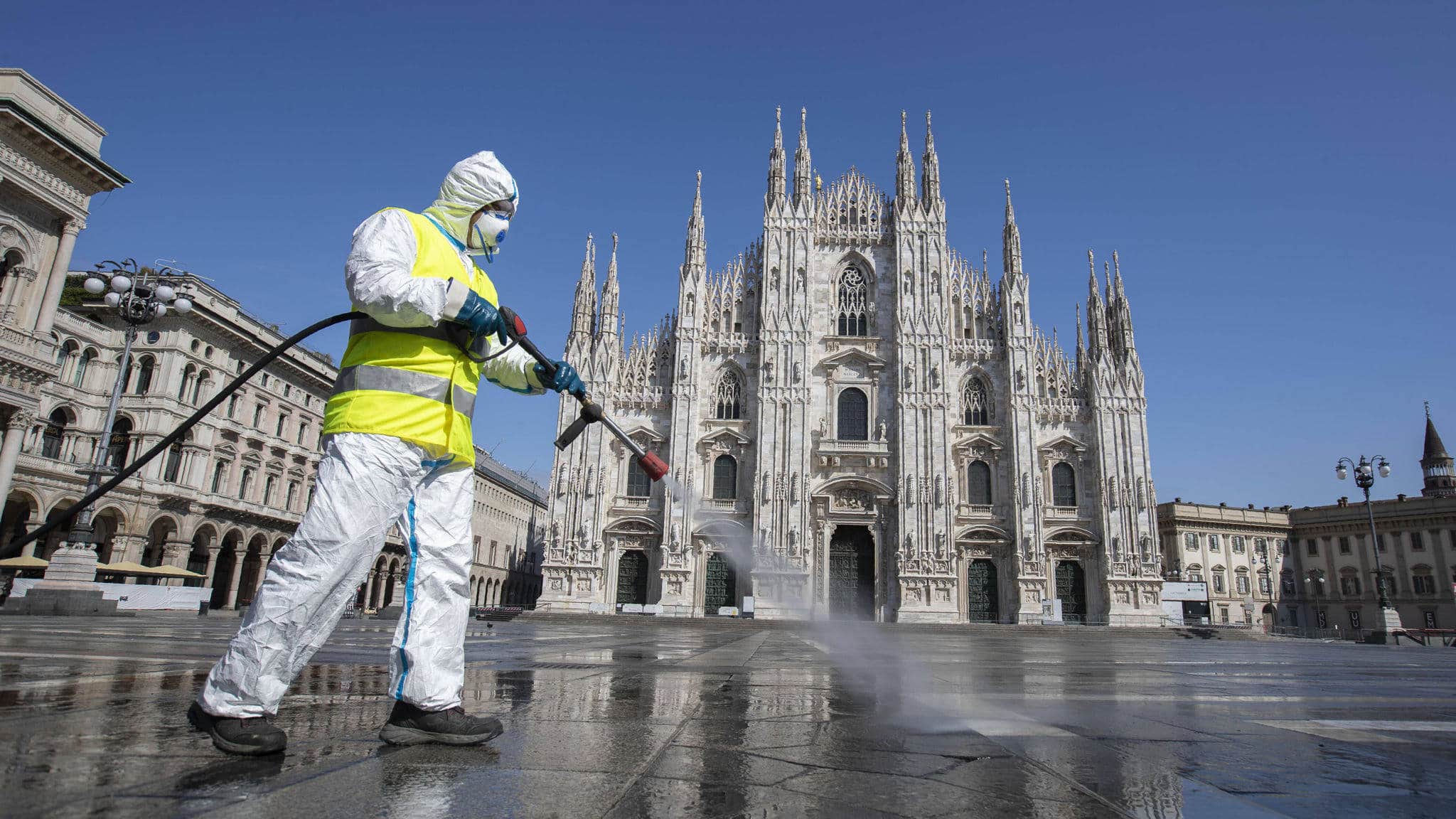1941
0
The EU: The recovery will take years
The EU: The recovery will take years; The number of countries with economic downturns is growing in Europe. France, Italy and Spain; numbers two to four

Yazar: Zack Smith
Yayınlanma: 31 Temmuz 2020 15:05
Güncellenme: 23 Şubat 2026 07:20
The EU: The recovery will take years
The number of countries with economic downturns is growing in Europe. France, Italy and Spain; numbers two to four on the list of the largest economies in Europe now presented deep red numbers. The south-west of the continent was hit particularly hard. The corona crisis plunged Spain into the deepest recession in its history. The gross domestic product (GDP) fell in spring in the quarterly view by 18.5 percent, according to the National Statistics Office. In comparison to the previous year there was even a decrease of 22.1 percent. France and Italy also reported double-digit losses, but things weren't as bad for both of them as feared. The three countries are most severely affected by the pandemic in Europe, each complaining of tens of thousands of deaths.
Paris suffered a historic 13.8 percent economic downturn in the second quarter. This was announced by the French statistical office. In June, the statisticians had estimated the minus at 17 percent.
In Spain, the economic engine had been running smoothly for years before the pandemic broke out. But the exit and contact restrictions to curb virus spread brought the economy to its knees. The very important tourism sector, in particular; is still suffering from the consequences of the pandemic. In the wake of the virus crisis, unemployment in Spain, which is already high, has risen massively. A million jobs were lost between April and June - more than ever in a quarter. According to Prime Minister Pedro Sánchez; Madrid can count on 209 billion euros from the Corona aid package recently launched in Brussels - of which 81 billion euros are grants that do not have to be repaid.
In Italy, the slump between April and the end of June was 12.4 percent on the previous quarter, according to the statistics office Istat in Rome. Even if the authority spoke of an "unprecedented economic downturn", many experts' forecasts turned out to be too pessimistic. "The already poor growth of the past few years was destroyed in one fell swoop in the first half of 2020; " said chief economist Thomas Gitzel from VP Bank.
According to Istat, the Italian economy got under control in all areas. Italy's GDP fell by 17.3 percent in the second quarter compared to the previous year. The chronically slow-growing country had been caught cold in the spring by the virus pandemic; which was spreading rapidly, particularly in the economically strong north of Italy, and had a negative impact on the health system and beyond in many places.
You might also be interested in:
Moody’s Made a Statement About Spain
İLGİLİ HABERLER





European stocks soared and focus shifted to German retail sales after Powell's speech!

Forex Signal For TRY/USD: Inflation Slowdown in November.

Forex Signal For GBP/USD: Bullish Trend Still Not Breaking While Recovery Continues.

Forex Signal For EUR/USD: Starry US Data Points to Higher Fed Increases.

Forex Signal For BTC/USD: Downside Continues as Bitcoin Recovery Moves Less.
En Popüler Haberler
Yorum Yap
Yorumlar
Henüz yorum yapan yok! İlk yorumu siz yapın...